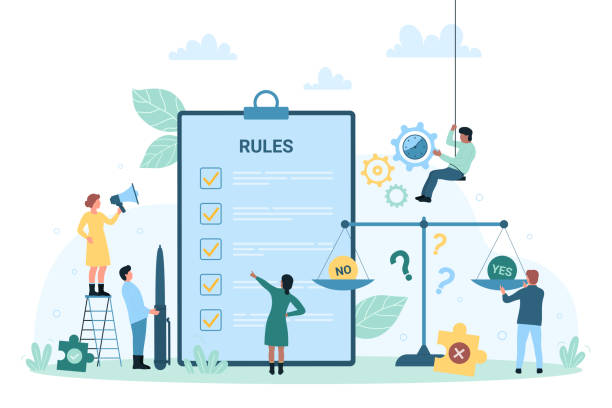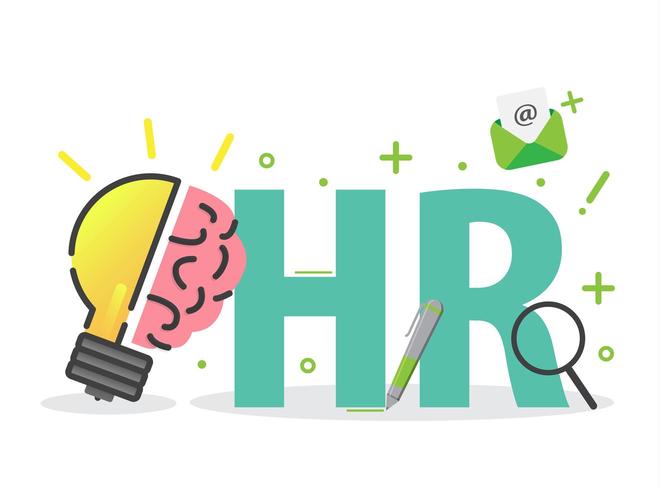

Core Elements in Company HR Frameworks
Each organization should tailor its employee management practices based on size, industry, and location. Typically, company policies cover:
Recruitment and onboarding processes
Leave and attendance rules
Disciplinary procedures
Compensation and benefits
Workplace behavior expectations
These elements help create a transparent and predictable environment for all employees. Explore our internal HR practices checklist for a step-by-step guide to customizing your own.
HR Compliance in India: What You Should Know
In India, workplace regulations are governed by several acts, including the Factories Act, Payment of Wages Act, and Maternity Benefit Act. Employers must stay updated on state and central labor laws to ensure their workplace policies align with national standards.
For legal updates and official notices, refer to the Ministry of Labour and Employment.


Creating Fair Employee Policies
To develop people-friendly policies, HR professionals should:
Collect staff feedback regularly
Benchmark against industry standards
Include legal and ethical considerations
Review annually to stay current
Fair and well-communicated policies help build trust, reduce disputes, and improve team morale. Whether you’re a startup or a growing enterprise, investing in your internal structure benefits everyone involved.
Frequently Asked Questions
What are HR policies?
HR policies are formal guidelines created by a company to govern employee behavior, responsibilities, and company procedures. They ensure fairness, compliance, and consistency across the organization.
Why are HR policies important for employees?
They help employees understand their rights, benefits, and responsibilities, promoting transparency and reducing workplace conflicts.
Do HR policies differ in India compared to other countries?
Yes, HR policies in India must comply with specific local labor laws and cultural expectations, such as mandatory gratuity, maternity benefits, and statutory holidays.
HR policies in India and US!!
HR policies can vary significantly depending on the organization, industry, and country. In multinational companies, HR policies are often more standardized and structured to align with global compliance standards. In contrast, small businesses may have simpler, more flexible policies tailored to their specific needs. For example, HR policies in India must comply with local labor laws, such as mandatory gratuity payments and maternity leave regulations, whereas policies in the U.S. might focus more on at-will employment and health insurance benefits. Ultimately, while the core purpose of HR policies remains the same—to manage people effectively—how they are designed and implemented can differ based on legal, cultural, and organizational contexts.
 India and the UAE are currently served by our service, and we're expanding to the USA.
India and the UAE are currently served by our service, and we're expanding to the USA.